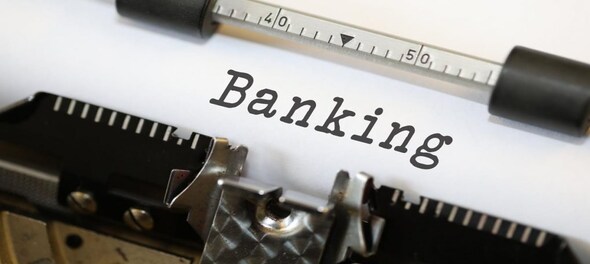
The recent events at Yes Bank have caused anxiety among bank customers who may be wondering if their money is safe with any bank. The short answer to that question is this: yes, but you need to evaluate your risks.
The Reserve Bank of India has the interests of the common man at the center of their policy decisions. It is taking all the steps to ensure that customers’ money with various banks remains safe. The temporary restrictions placed on withdrawals are to prevent a bank run that could lead to the bank’s collapse. The restrictions are likely to be relaxed in the future, though by how much and when remains to be seen. In the meanwhile, we have also heard from Finance Minister Nirmala Sitharaman that depositors don’t need to worry about their money.
That said, what should Yes Bank customers do now? And what should customers of other banks do to avoid getting into a situation like this?
Here are some suggestions:
Diversify your savings and deposits
Never put all your eggs in one basket, goes the adage. There’s no such thing as risk-free investment and banking. Every form of saving and investing carries risks. Even the safest-sounding options will reveal risks on closer examination. Therefore, it would be unwise to lock all your savings with one bank. It’s necessary to spread your savings among multiple banks. Large banks with low NPAs are the most stable. You may also consider limiting your exposure to smaller or newer banks.
Beyond banks, you may also consider various investment and deposit schemes. For example, liquid mutual funds are often seen as an alternative to fixed deposits, and you may consider investing in top-rated schemes for short-term needs.
Where liquidity isn’t a concern and you want to invest for the long-term for assured returns, investing in small savings schemes is highly recommended. For example, retired persons dependent on interest income can consider the Senior Citizens Savings Scheme which provides guaranteed returns on a five-year investment. The bottom line is you should diversify your options while balancing your need for liquidity and returns.
Don't panic- Your deposits are insured
The Deposit Insurance and Credit Guarantee Corporation (DICGC), which is an RBI subsidiary, insures your deposits with all commercial and cooperative banks. In case a bank collapses, the DICGC steps in to compensate your losses. The DICGC will compensate you up to Rs 5 lakh for all your deposits and savings in various accounts in any one bank. And if you have savings with multiple banks, they’re individually protected up to the Rs 5 lakh limit per bank.
This limit was recently enhanced by Sitharaman in her union budget speech. The earlier deposit insurance limit was just Rs 1 lakh. So with the new limit, a very large number of bank accounts and retail deposits are protected completely. Those with deposits above this limit will need to evaluate their risks and take steps to reduce them.
Move your EMIs and SIPs elsewhere
Yes Bank customers are allowed to withdraw only up to Rs. 50,000 for now until further relaxations. This would lead to problems in paying your loan EMIs and making SIP payments through your Yes Bank account. It would be wise to shift your loan repayments to another bank. Shifting the ECS mandate is easy. Just reach out to your lender for the relevant forms, fill them up, get them approved by your new bank, and resume your repayments promptly.
Your SIP investments, too, can be easily shifted to another bank by adjusting the bill payment mandates on your net banking account. It’s absolutely necessary that you don’t miss your EMI and credit card payments, because one late payment can hurt your credit score.
Stay calm and follow the updates
Those who have their money stuck at Yes Bank will now have no option but to await further instructions from the regulator, who has the customer’s best interests in mind. But what do customers of other banks do? The situation calls for calm heads and rational decisions. In recent months, the banks on whom withdrawal restrictions were placed by the RBI were all battling with NPA-related problems.
Therefore, a good starting point for you would be checking on your bank’s latest NPA statistics. Non-Performing Assets are loans given by the bank on which there have been no repayments for 90 days or more. Banks with very high NPAs will be more stressed. Therefore, you may consider reducing your exposure to those banks.
As a smart customer, you must stay on top of your finances. Therefore, take stock of your banking risks and take steps to reduce them periodically. This will keep your money safe and you worry-free.
Adhil Shetty is CEO, BankBazaar. Views are personal.
Check out our in-depth Market Coverage, Business News & get real-time Stock Market Updates on CNBC-TV18. Also, Watch our channels CNBC-TV18, CNBC Awaaz and CNBC Bajar Live on-the-go!


Interview | PM Modi targets Naveen Patnaik and BJD — asks Odisha a chance for BJP
Apr 28, 2024 7:53 PM
PM Modi says great men like Nehru and Ambedkar were against reservation based on religion
Apr 28, 2024 6:41 PM
Exclusive | Congress has turned Bengaluru from 'tech hub to tanker hub': PM Modi
Apr 28, 2024 6:18 PM
Modi Interview | Here's what the Prime Minister said on inheritance tax
Apr 28, 2024 6:05 PM

